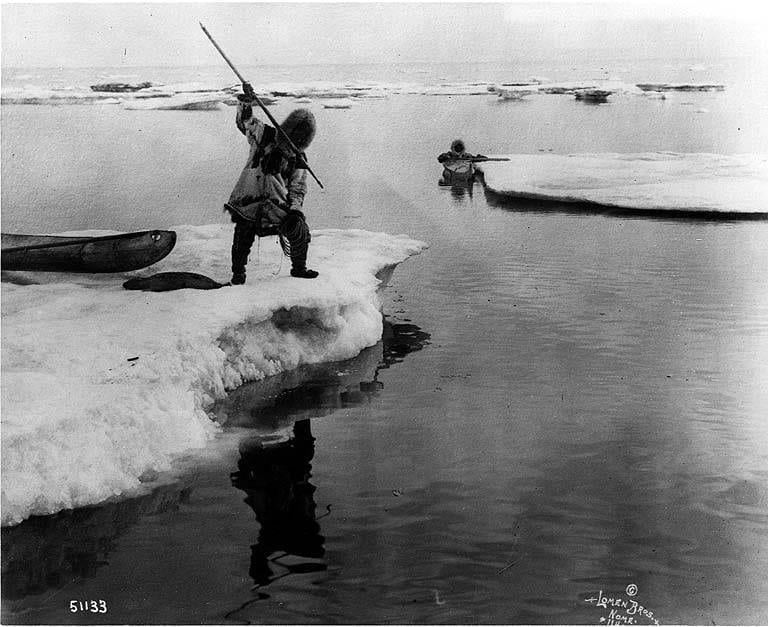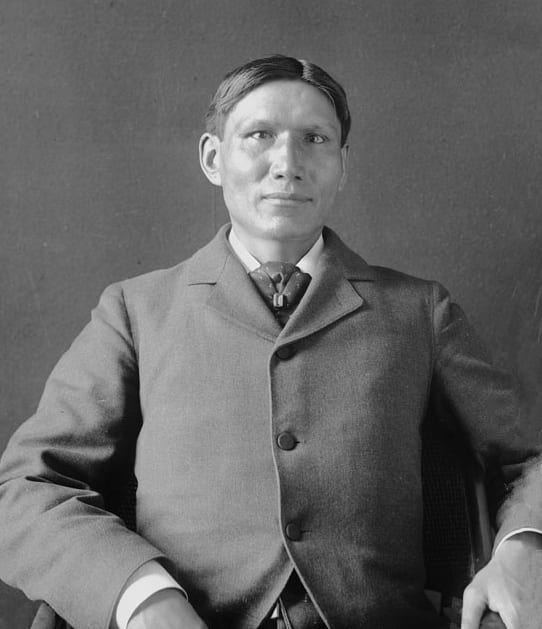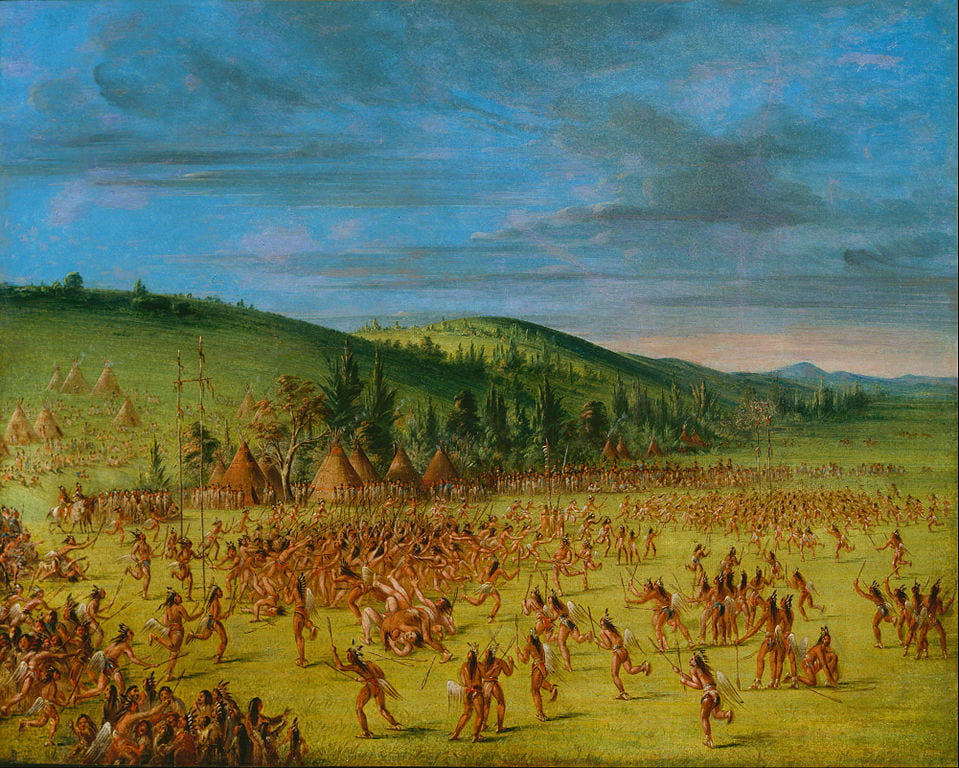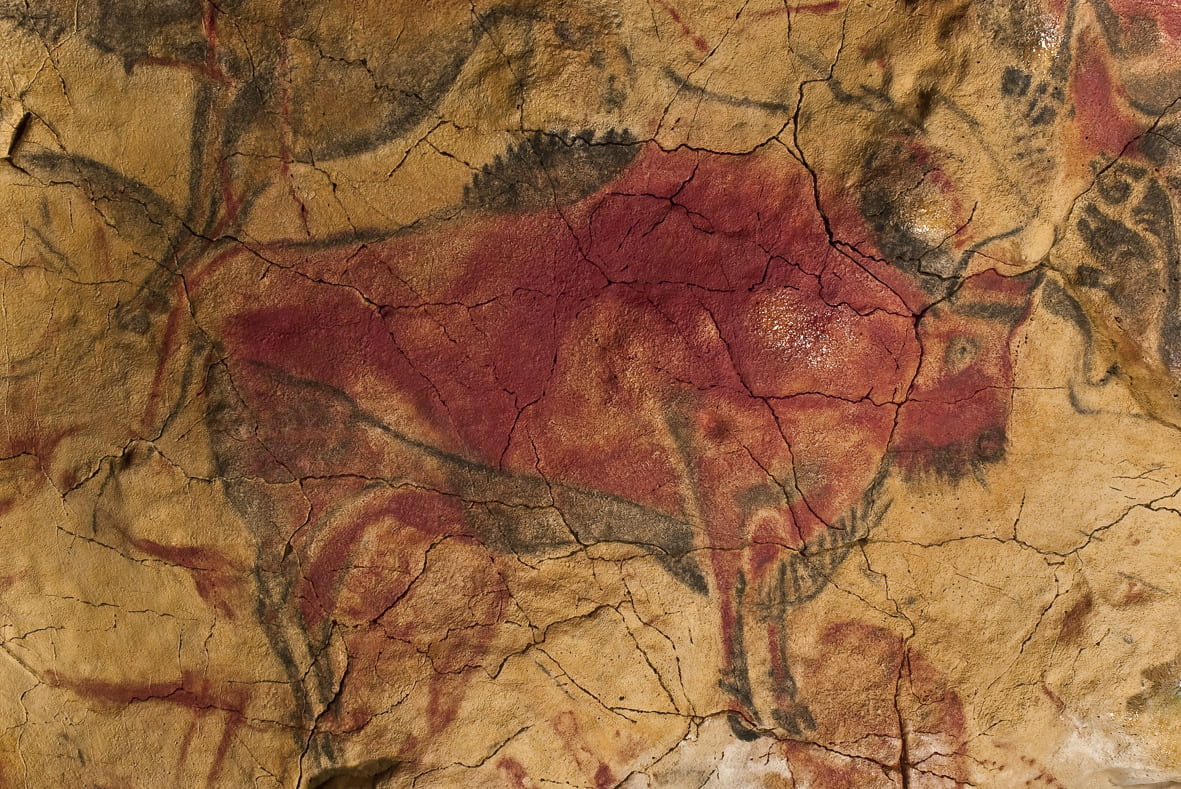Side Tracks
Talking Stories BlogAncient Teachings
This blog explores humans as a culture-dependent animal. It takes an evolutionary-ecological approach to cultural transmission and symbolic behavior, gathering the research, perspectives, and insights of diverse experts. It seeks answers to questions regarding the knowledge and skill demands of ancestral hunter-gatherer life. What types of training activities did our ancestors engage in? What kinds of information did they curate and transmit? What media were used to accomplish these tasks, and how was knowledge encoded?
“elders were expected to pass their knowledge on to younger people, both orally and by demonstration.”
—Cruikshank (1990:10)
Posts
Universal Games: Hoop and Pole
Michelle Scalise Sugiyama
Like play fighting and chasing, throwing play is pervasive cross-culturally. In hunter-gatherer cultures, one of the most common throwing games is hoop and pole and its cousins, chunkey and snow snake . . . MORE
Hunter-Gatherer Chase Games
Michelle Scalise Sugiyama
Chase-based play is one of the most common forms of locomotor play in humans and non-human animals. This behavior simultaneously evokes the adaptive problems of predator evasion, hunting, and conspecific attack . . . MORE
Cumulative Culture: The Fidelity Problem
Michelle Scalise Sugiyama
For most of our species’ existence, knowledge has been stored in memory and transmitted orally. This presented a major obstacle to the emergence of cumulative culture: how to store and transmit accumulated knowledge in a portable, readily accessible format that resists corruption . . . MORE
Learning What to Learn
Michelle Scalise Sugiyama
Ethnographers have long contended that forager societies lack formal instruction. If, by this term, we mean the daily herding of children into a dedicated space for several hours of reading, writing, and arithmetic, we can safely say that knowledge transmission in forager societies does not take this form. However, this is a narrow, ethnocentric view of formal instruction, pointing to a glaring omission in this debate: the voices of people versed in hunting and gathering . . . MORE
Sound Knowledge
Michelle Scalise Sugiyama
Hunter-gatherers use sound as well as sight to understand and manipulate their environment. Thus, foragers need to know what sounds to pay attention to and how to interpret them. Much knowledge about the local soundscape is transmitted through song . . . MORE
Games as Adaptively Structured Learning Enviroments
Michelle Scalise Sugiyama
Humans are able to create timely, tailored learning opportunities when naturally occurring opportunities are lacking, impractical, or dangerous. Games are a case in point: consisting of rules and imaginative frameworks superimposed on innate play behaviors, games are human inventions that facilitate skill acquisition . . . MORE
The Logistics of Cultural Transmission
Michelle Scalise Sugiyama
The overwhelming majority of cultural transmission has been conducted in the absence of writing and permanent settlements—that is, with little in the way of external memory systems. These conditions sharply constrained the available options for storing and disseminating information . . . MORE






